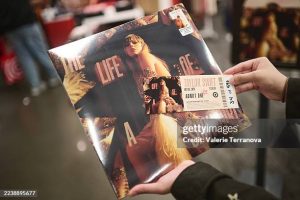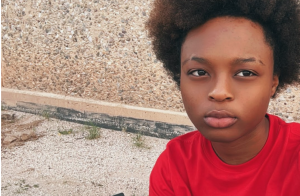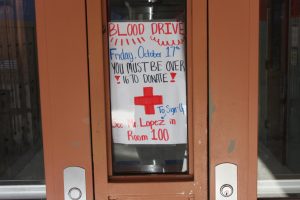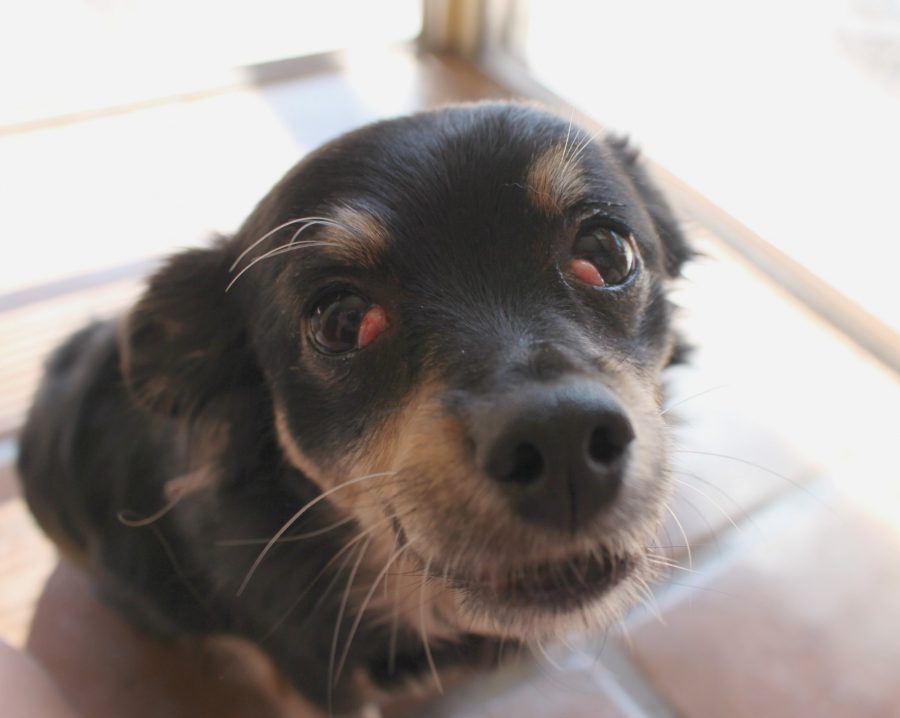Foods Your Dog Should Never Consume
Top Foods That Can Kill Your Pet
January 26, 2017
We all love our furry little friends and will do everything in our power to make sure they’re healthy and happy. So, when they eagerly walk up to us while we’re eating, with ears up, tails wagging, and heads titled, it is nearly impossible to just ignore them. We just have to give them a quick little snack. But are you absolutely sure that everything you’re giving them won’t hurt them? Here are some of the foods, according to the Vet Medicine section on About.com, to keep your canine children away from…
- Grapes, raisins and currants. While these foods are great for us, they can actually cause kidney failure in dogs, cats and even ferrets.
- Caffeine. The chances of your dog getting into your Starbucks coffee is pretty unlikely, but caffeine can also be found in diet pills, coffee grounds, and tea bags.
- Chocolate/Cocoa. While this is probably pretty obvious to most, it is important to remember that dark chocolate is the most dangerous for them and should be kept away at all times.
- Xylitol. This is a sugar-substitute that is mainly found in things like candy and sugar-free gums or mints. When consumed by a dog, it can often cause a dangerously high drop in blood sugar and cause liver problems.
- Onions, garlic, chives and leeks. These can cause destruction in red blood cells and even cause anemia. People with cats or Japanese dog breeds should pay special attention because they are even more sustainable to these issues.
- Yeast bread dough. If consumed in large quantities, this type of dough can cause obstruction in the intestines and poisoning.
- Alcohol. While giving your pet a glass of wine probably isn’t on anyone’s agenda, rum-soaked cakes and unbaked goods that contain alcohol can cause poisoning.
- Corn on the cob. Buttery corn on the cob may be delicious to us, but it can get stuck and obstruct your dog’s intestines.
So, the next time you’re greeted by those hopeful eyes begging for a treat, make sure that what you’re feeding them is safe.












